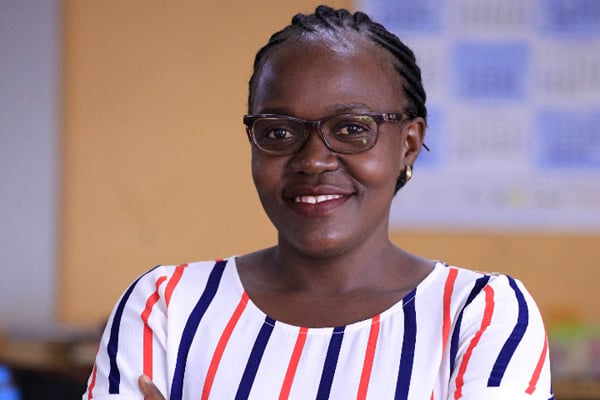Kabaka wins case against traditional rulers act

The Kabaka of Buganda Ronald Muwenda Kimera Mutebi II
What you need to know:
- Prince Kalemera who claims to be a lineal descendant of His Highness Sir Daudi Chwa II whose estate has not yet been wholly administered argued that the law was unconstitutional as it contravened articles 26 and 21 which guarantee the right to own property and protection from compulsory deprivation or right over property.
- The judges further ruled that Kalemera is not entitled to any declarations and other orders as he had sought for.
The appellate Court in Kampala has dismissed with costs a petition in which a Buganda Kingdom prince wanted the Traditional Rulers Restitution of Assets and Properties Act (TRRAP Act) nullified.
A panel of five judges led by Justice Irene Mulyagonja dismissed the petition filed against the Attorney General Kiryowa Kiwanuka and the Kabaka of Buganda Ronald Muwenda Kimera Mutebi II on grounds that it did not raise any questions for interpretation.
"With regard to the petitioner's prayer for costs, it is clear that the petition was filed contrary to the procedure that is provided for in Article 137(5) to (7) of the Constitution. It was therefore an abuse of the process of this court and the High Court and a waste of the valuable time and limited resources of this court. For that reason the petitioners shall pay the costs of the petition to the respondents in the event," justice Mulyagonja ruled.
Other justices are; Deputy Chief Justice Richard Buteera , Catherine Bamugemereire, Muzamiru Kibeedi and Oscar John Kihika.
The ruling arose from a constitutional petition that was filed by prince Harold Kalemera Kimera, a grandson of His Highness Sir Daudi Chwa II where he wanted court to nullify the TRRAP Act which he stated that it had denied him the benefits of his father and grandfather’s assets.
The judges further ruled that Kalemera is not entitled to any declarations and other orders as he had sought for.
Prince Kalemera who claims to be a lineal descendant of His Highness Sir Daudi Chwa II whose estate has not yet been wholly administered argued that the law was unconstitutional as it contravened articles 26 and 21 which guarantee the right to own property and protection from compulsory deprivation or right over property.
Prince Kalemera wanted court to declare that sections two and three of the traditional rulers’ act are inconsistent with articles 2, 21,26, 246(3)(a) and (b), Section 2(4,(5) (6),(7) and (8) of the constitution and are to the extent void as it discriminates against him by birth and social standing from claiming his beneficial interest in the estate of his father and grandfather.
He wanted the court to award him and other beneficiaries of the late sir Daudi Chwa II USD60 billion (about Shs232 trillion) as compensation for what he called deprivation of their property.
He also wanted the Constitutional Court to refer the matter to the High Court to investigate the proprietorship of any such property envisaged by or dealt with by the respondent under the Traditional Rulers Act to ensure proper restitution to the beneficiaries of the estates of the registered proprietors prior to the commencement of the impugned statute and assessment of general damages.
“The act of the respondent vesting properly held in the personal capacity of His Highness Sir Daudi Chwa II by enacting the TRRAP Act wherein all property was transferred to the traditional ruler (2nd respondent who is the Kabaka) without any further assurance, the statute was unconstitutional to the extent that it contravenes Article 2,21, 246 (3) (a) of the Constitution of Uganda, 1995,” Prince Kalemera stated.
Although Kalemera had accused the Kabaka of fraud, the court held that: ..“I would therefore find that the alleged fraud has no nexus with the interpretation of the Constitution but is related to provisions and processes under the Registration of Titles Act, the Succession Act and revenue statutes. It did not require interpretation of any provision of the Constitution though it may have by a long shot amounted to a violation of the rights of the petitioner.”
However in their response the both the respondents raised preliminary objections to challenge the petition reasoning that it did not disclose any cause of action, it raises no questions for interpretation as it is just a narrative turning court into a court to determine factual and evidential disputes.
Commenting on the court’s ruling, the attorney general of Buganda Owek. Christopher Bwanika at a press conference held at Bulange noted that the ruling will go a long way to ward off people who have made it a habit to sue the Kabaka of Buganda alleging to own his property.





